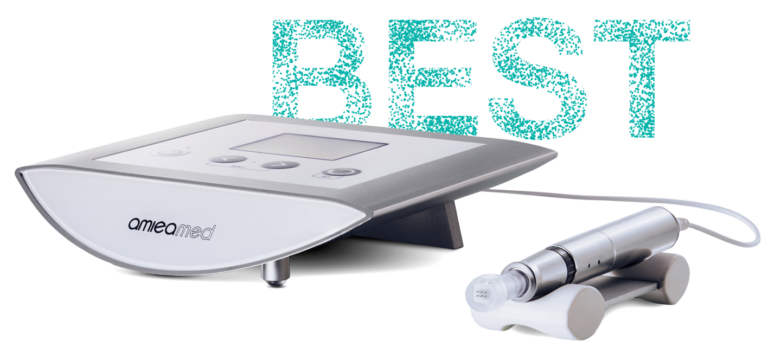Percutaneous Collagen Induction (PCI)
Percutaneous Collagen Induction (PCI) is an effective skin treatment option for wrinkles, scars, stretch marks and burn scars. Precise needling creates multiple micro-lesions in the papillary dermis, stimulating the natural wound healing mechanisms and activating the renewal of damaged skin tissue through increased collagen production. This results in the regeneration of dermal skin layers, rejuvenating the skin’s appearance and facilitating scar-free healing.
Three phases of PCI
Phase I
- Inflammation
- Starts with the coagulation of the blood directly after the microneedling treatment
In Phase I of the inflammatory process, the cascade of cytokines and growth factors unfolds following the initial injury induced by microneedling. During this stage, neutrophils are the predominant leukocytes, gradually giving way to monocytes, which become the dominant leukocytes in Phase II.
Phase II
- Cell division / tissue formation
- Starts after about 5 days and lasts around 8 weeks
In Phase II of the inflammatory process, cell division takes center stage. Monocytes, keratinocytes, and fibroblasts persist in influencing the release of growth factors. Keratinocytes stimulate epidermal growth and release growth factors to facilitate collagen deposition by fibroblasts. Concurrently, new blood vessels form, leading to an augmentation in matrix deposition.
Phase III
- Tissue remodeling
- Starts about 8 weeks after treatment and lasts for about 1 year
Phase III marks the conclusive remodeling stage in the healing process post clinical microneedling. Collagen type III transforms into collagen type I, imparting a tightened skin texture. The blood supply normalizes, yielding smoother skin with a natural complexion.
amiea med – your partner for PCI treatments
Our product

EXCEED
Classic device for high-level skin treatment with power unit, cable connected handpiece and footswitch.
